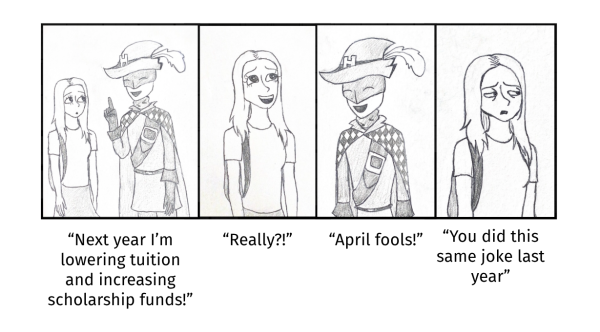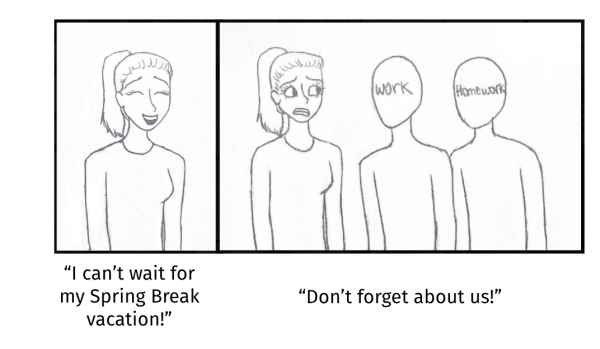An epistolary history
“Until Tomorrow, Mr. Marsworth” tells a tale of the late 1960s through the eyes of a child.
The Vietnam War has divided 11-year-old Maureen “Reenie” Kelly’s family politically, and now it threatens to divide them literally as well- in order for her older brother Billy to escape the draft, he must enroll in college, something the Kellys have not a penny to pay for.
Such is the scenario concocted by Hamline creative writing professor Sheila O’Connor in her latest middle-grade release, “Until Tomorrow, Mr. Marsworth.” In 348 pages, most set in the font of the youthful protagonist’s handwriting, O’Connor gives us a glimpse into the world of the unlikely friendship between Reenie and Howard Marsworth, an elderly and reclusive neighbor on her paper route. Although Mr. Marsworth is a cantankerous hermit, he takes a quick liking to Reenie and the pair become pen pals, solving questions of peace and war, with long-hidden family secrets revealed along the way.
In picking up “Until Tomorrow” young readers will be called back to a time of many unfamiliarities- one in which the slightest hint of objection to war could shun you in your small town; one in which earning one’s college tuition over the course of a summer was a legitimate, if optimistic, goal.
The epistolary format of the novel, as well, may seem a blast from the past in the age of smartphones. Pen pals, once a classic childhood pastime, are no longer widely practiced among today’s tweens. Gone are the days in which children sat and waited for the latest letters to arrive from cross-country friends acquired through a magazine, most of whom would gradually fade away after a few months. “Until Tomorrow, Mr. Marsworth” however, will give Generation Z a taste of what they’ve been missing, and will leave older audiences nostalgic for their own childhood correspondences, telling a story that a wide range of readers can relate to in some way.
The novel tackles issues of war, grief, politics and financial hardship, yet does so in a way that elementary schoolers can learn about these heavier topics without provoking fear from their parents that they will encounter content that is too mature.
In Reenie, children will find a heroine that still exhibits her sense of plucky determination and optimism in the face of everything that goes awry in her world, one who is willing to stand up for what she believes is right, even if she stands (mostly) alone. They will discover history through the eyes of a character their own age and perhaps start to draw parallels to young people who are fighting to make their voices heard in a new time of ideological tension.






